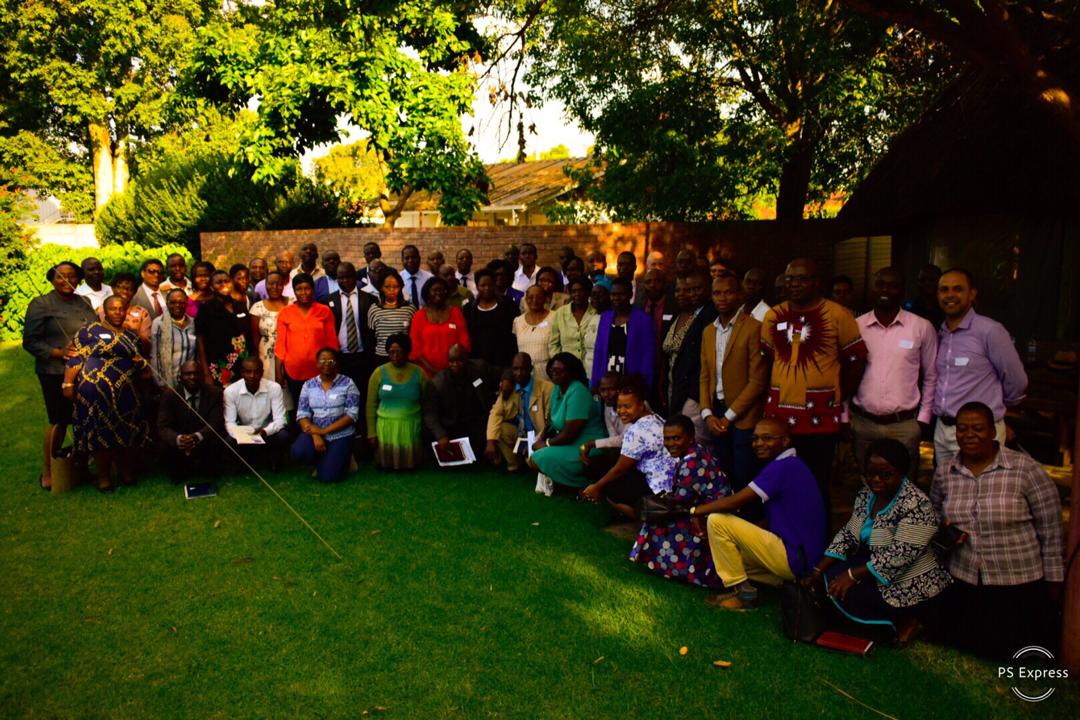By Dr. Chido Rwafa, Deputy Director Mental Health Services, Ministry of Health and Child Care
Alcohol and substance use disorders contribute significantly to disease burden worldwide, resulting in millions of preventable deaths. In Zimbabwe, Alcohol and substance related disorders are one of the top three diagnoses presenting to mental health services countrywide. These disorders are wrecking havoc in our families and communities and over-stretching an already over burdened health system.
Commonly used substances in Zimbabwe include alcohol including illicit/ unlicensed alcohols, cannabis and prescription drugs like codeine containing cough syrups. These substances can lead to a vicious cycle of dependence and other mental health problems such as depression, anxiety and psychosis.
However, there is a large treatment gap with only 1 in 18 people in Africa requiring treatment of alcohol and substance use disorders getting access to adequate treatment compared to 1 in 6 globally. Services are often centralised to big cities and approaches used may not always be scientifically sound. Currently in Zimbabwe care for alcohol and substance related disorders is in mental health institutions, general hospitals and a few private clinics.
There is need to formulate policies specifically addressing Treatment and Rehabilitation of Alcohol and Substance Use and Guidelines for Care in this area in line with international guidelines. To achieve this there is need for a multi-disciplinary approach to formulate sustainable solutions.
With this in mind the Department of Mental Health Services in the Ministry of Health and Child Care on the 1st of February 2019 invited over 120 stakeholders in the arena of treatment and rehabilitation of alcohol and substance to an indaba to discuss the way forward for treating these disorders in Zimbabwe. The aim of the meeting was to share current research data on substance abuse in the country; exchange knowledge with experts from the region and abroad; have open discussions on possible policy recommendation; issues of funding and sustainability of possible treatment services; community and primary health care approaches to treatment and rehabilitation. The Minister of Health Dr. O. Moyo officially opened the meeting and the WHO Country Representative Dr. A Gasasira also shared official remarks.
Local experts who presented included Occupational Therapists, Mildred Chikwanha and Clement Nhunzvi and Nurse educator Nyamadzawo Chivese who shared on the various causes of substance use in Zimbabwe and the role of the family and community in protecting young people from substance use. From the United Kingdom through the Zimbabwe Life Project came Muriel Gutu, a specialist addictions nurse practitioner who shared on her experiences in treating addictions in the United Kingdom. Andre Redinger from South Africa shared on training addictions specialists and Didi Degenaar, a clinical social worker shared on her 17 years experience in treating patients with alcohol and substance use disorders in Durban, South Africa. The event was sponsored by Kurarama Trust, a non profit organisation under the Highlands Presbytarian Church, The Zimbabwe College of Psychiatrists, The Medicines Control Authority of Zimbabwe, The Consolidated Africa Services Foundation, FaStep Diagnostic tests, Borrowdale Halfway House and the Zimbabwe Life Project.
The department is now in the process of forming a task-force from individuals nominated by the attendees of the meeting. This task-force together with the department of mental health services in the MOHCC will in the next few weeks develop national treatment guidelines for alcohol and substance use in Zimbabwe which will be used as the minimum norms and standards for treating patients in this nation. The department plans to work with the World Health Organisation and other partners to up-skill nurses at provincial and district level hospitals in basic management of mental health conditions including alcohol and substance use disorders in order to provide a decentralised, accessible service for all Zimbabweans.






